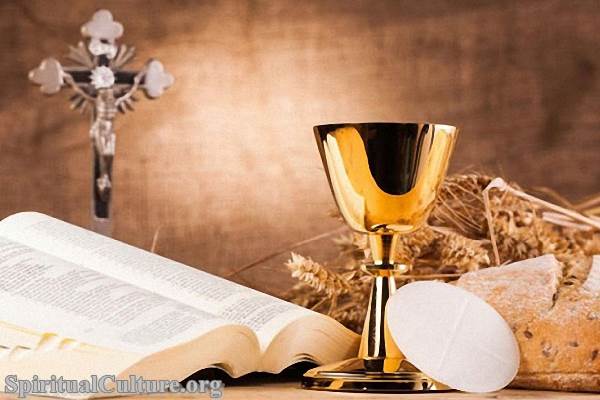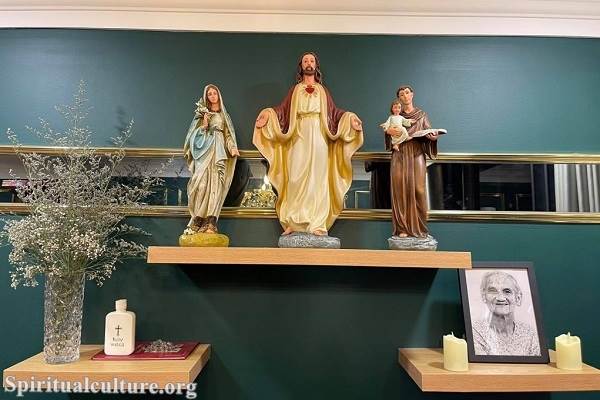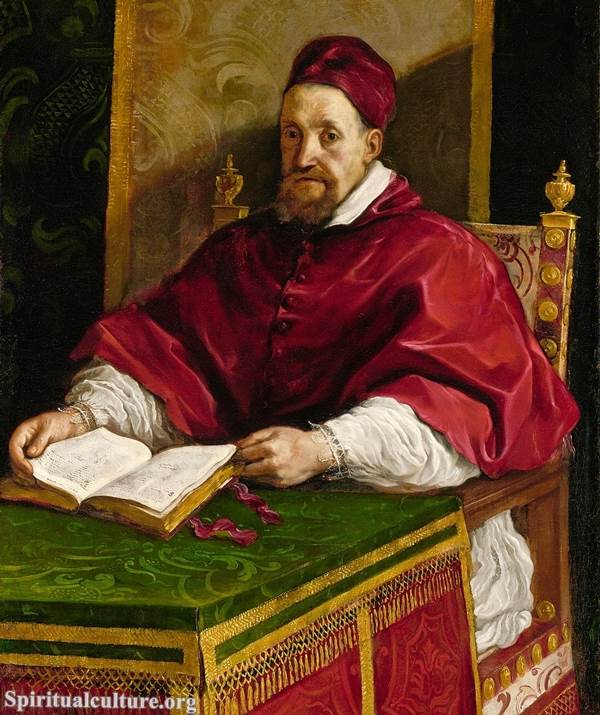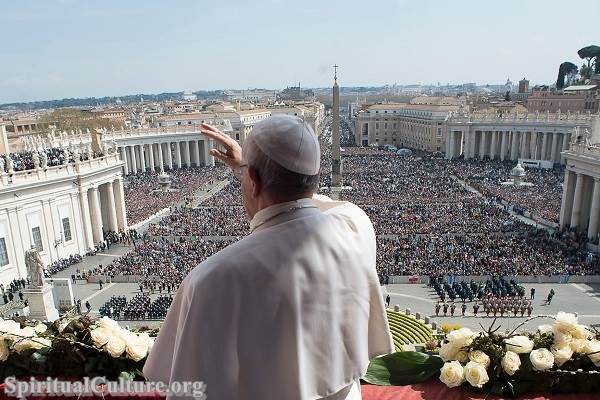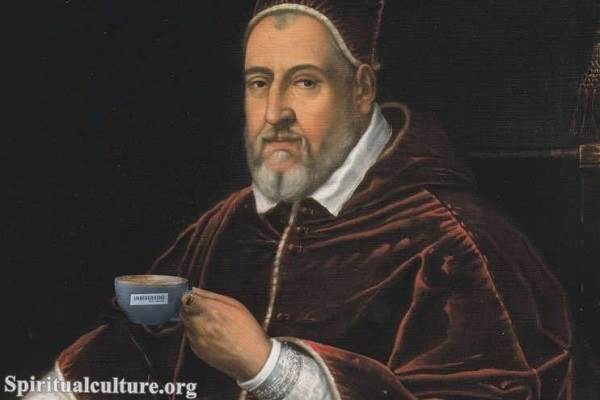In the long history of the Catholic Church, few names provoke as much curiosity and debate as Pope Pius XIII.
Though not officially recognized by the Roman Catholic Church, his life and claim to the papacy offer profound insights into the human longing for unchanging truth in a rapidly shifting world.
Today, as Spiritual Culture, we invite you to journey deeper into the life and legacy of this controversial figure — uncovering what his story reveals about tradition, authority, and faith.
Who Was Pope Pius XIII?
A Self-Proclaimed Pope Outside the Official Church
Pope Pius XIII, born Lucian Pulvermacher on April 20, 1918, in Wisconsin, USA, was not a typical pope.
He was a former Capuchin friar and a traditionalist bishop who, disillusioned with the reforms of the Second Vatican Council (1962–1965), broke away from the Roman Catholic Church.
In October 1998, a small group of sedevacantist Catholics — those who believed the papal seat was vacant due to modernist heresies — elected Pulvermacher as pope in an irregular conclave.
Upon his election, he took the name Pius XIII, invoking a legacy of tradition and orthodoxy.
His papacy, however, was never recognized by the Roman Catholic Church, the Eastern Orthodox Church, or any major Christian body.
Despite its unofficial status, his claim reflected deeper tensions within modern Catholicism — a yearning for unyielding adherence to ancient teachings.
Catholicism and the Context of Pius XIII
The Meaning of Catholicism
Catholicism is a vast tapestry woven through two millennia of tradition, doctrine, sacrifice, and spiritual seeking.
Throughout history, the Church has evolved, responding to cultural shifts while striving to preserve eternal truths.
Figures like Lucian Pulvermacher arose precisely at moments when some felt that evolution had come at the cost of fidelity.
For him and his followers, Catholicism needed urgent restoration — a return to its liturgical, doctrinal, and moral roots.
Pius XIII and Traditional Catholicism
Pope Pius XIII was a staunch advocate of traditional Catholicism.
His priorities included:
- A return to the Latin Mass (the Tridentine Mass)
- Rejection of the liturgical reforms introduced by Vatican II
- Upholding traditional Catholic teachings on doctrine, morals, and discipline
He believed that the Church had compromised too much with the modern world — diluting the purity of its message in a misguided attempt to be more accessible.
Through his claim to the papacy, Pius XIII hoped to preserve what he saw as the unchanging heart of Catholic faith, even if it meant standing in isolation from the broader Church.
The Controversy and the Legacy
A Papacy Outside Recognition
Despite his sincerity, Pius XIII’s papacy was controversial.
The Roman Catholic Church dismissed his election as illegitimate, and the vast majority of Catholics worldwide remained loyal to the pontiffs in Rome.
Nevertheless, Pius XIII’s actions ignited important conversations within Catholicism:
- What does true fidelity to tradition look like?
- How can the Church adapt to the times without losing its soul?
- Is it ever right to break away in pursuit of perceived purity?
His life became a living parable about the tensions between continuity and reform, authority and individual conscience.
Catholic Identity and Personal Commitment
Beyond institutional debates, Pope Pius XIII’s message called every Catholic to deeper reflection.
He emphasized that being Catholic meant far more than mere external observance. It required:
- A personal commitment to the teachings of the Church
- A daily striving for holiness
- An unwavering loyalty to the truths passed down through the centuries
His insistence on personal conversion and serious discipleship continues to inspire many Catholics today, even those who reject the validity of his claim.
Reflections on Authority, Tradition, and Division
The Danger of Isolation
The story of Pius XIII reminds us of a perennial temptation in religious life: the desire to preserve purity by withdrawing into smaller, “purer” groups.
Yet Christ promised to build one Church, not many fragments.
“That they all may be one, as you, Father, are in me and I in you, that they also may be one in us…”
— John 17:21
True fidelity often requires the painful work of remaining in imperfect communities — loving, correcting, and growing together under the Spirit’s guidance.
Tradition as Living Memory
Pius XIII clung fiercely to Catholic tradition, and rightly so; tradition is the living memory of the Church.
But tradition, properly understood, is not a static relic. It is a river — carrying the same life-giving water through different landscapes of history.
The Second Vatican Council itself affirmed this:
“Sacred tradition and Sacred Scripture form one sacred deposit of the word of God, committed to the Church.”
— Dei Verbum, Vatican II
Thus, authentic tradition both preserves and breathes anew — a balance difficult yet vital.
Pius XIII in Popular Culture
Interestingly, the name “Pius XIII” also captured the imagination of the wider world.
In HBO’s “The Young Pope”, Jude Law portrays a fictional Pope Pius XIII — a complex, enigmatic figure wrestling with faith, power, and authenticity.
While the fictional Pius XIII bears no direct connection to Lucian Pulvermacher, both figures, in their own ways, symbolize the yearning for a return to something deeper, purer, and radically devoted.
Final Thoughts: What Pius XIII’s Story Invites Us to Contemplate
Though not an official pope, Pope Pius XIII’s life invites us to ask crucial questions:
- What does it truly mean to be faithful to Christ and His Church?
- How do we honor tradition without freezing it in time?
- Where is the line between necessary reform and dangerous innovation?
In a world that often pulls us toward extremes — either rigid traditionalism or reckless novelty — the Catholic heart is called to something harder and holier:
a living faith, grounded in tradition, guided by legitimate authority, and open to the Spirit’s ongoing work.
Spiritual Culture invites you to reflect:
- Are there areas where you cling too tightly to the past, or rush too quickly into change?
- How can you cultivate deeper personal holiness within the living Body of Christ?
May the life of Lucian Pulvermacher — both in its fervent devotion and its cautionary limits — remind us that true faith is never solitary, but always communal, faithful, and rooted in love.
